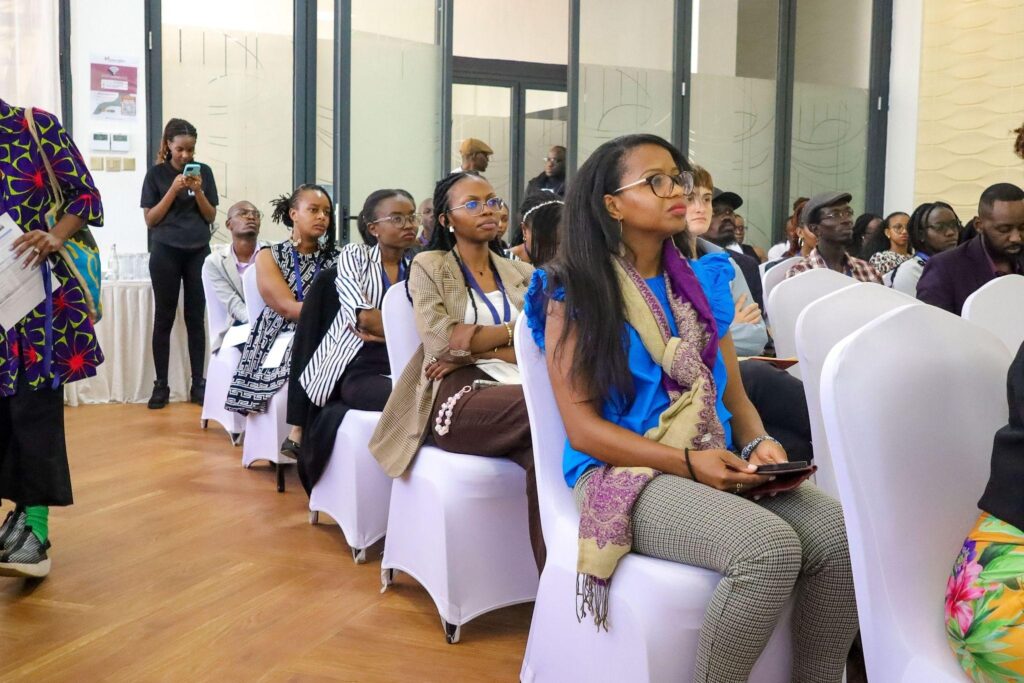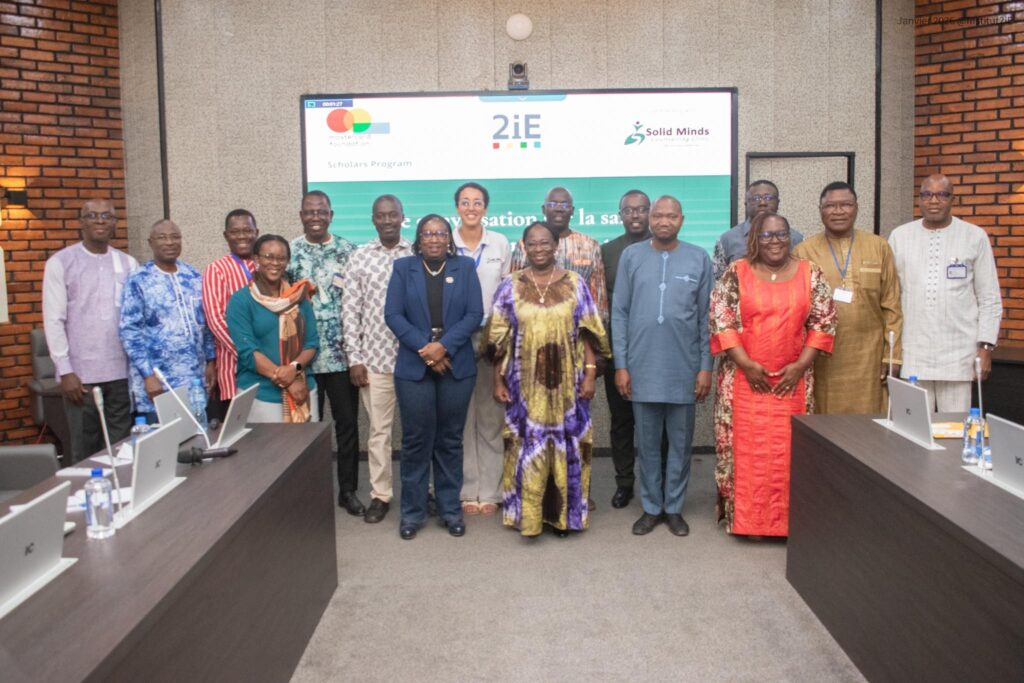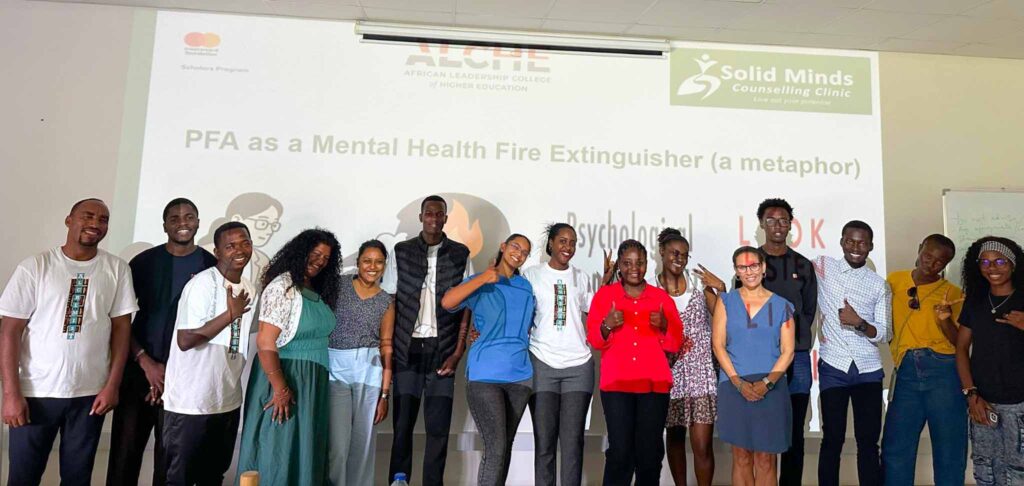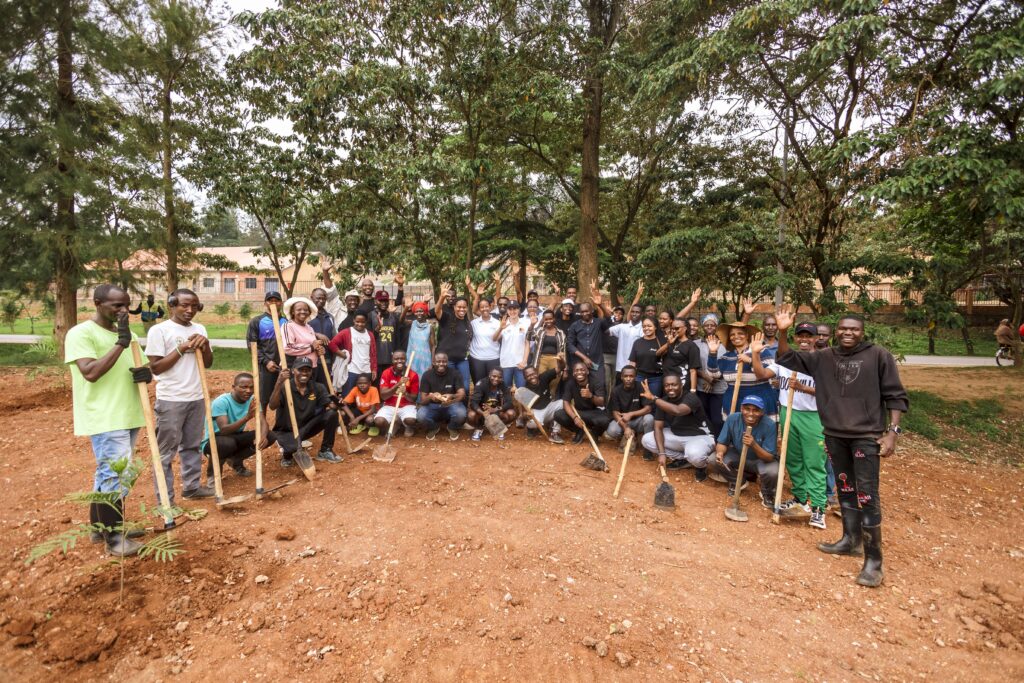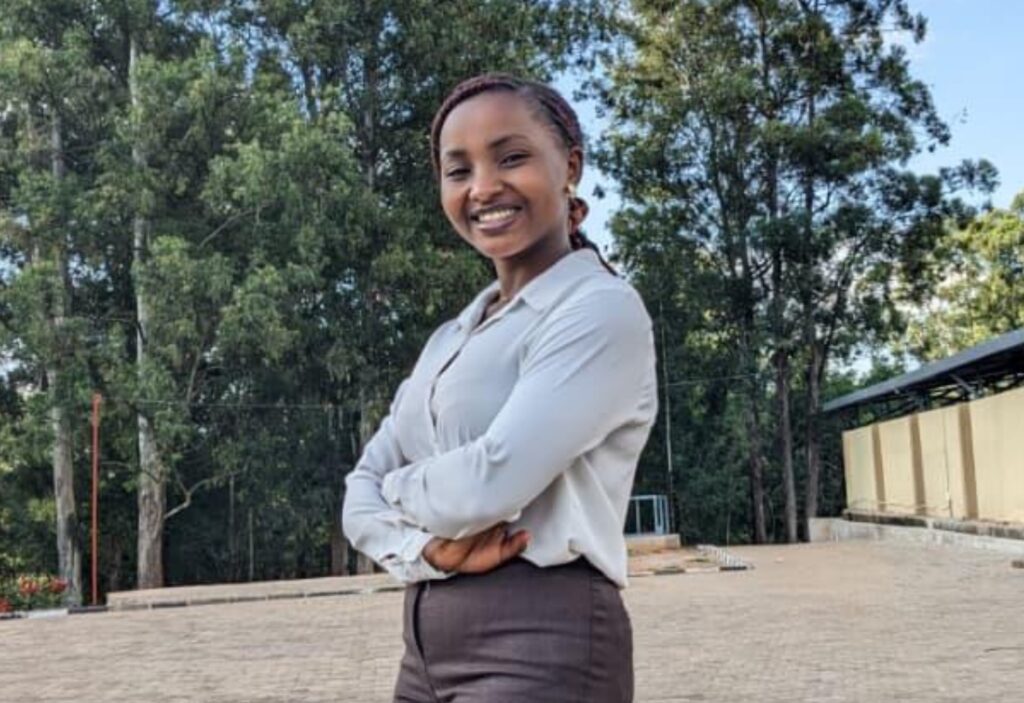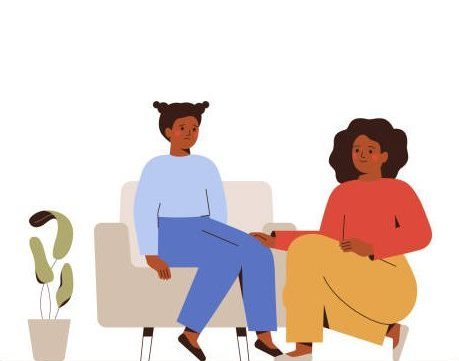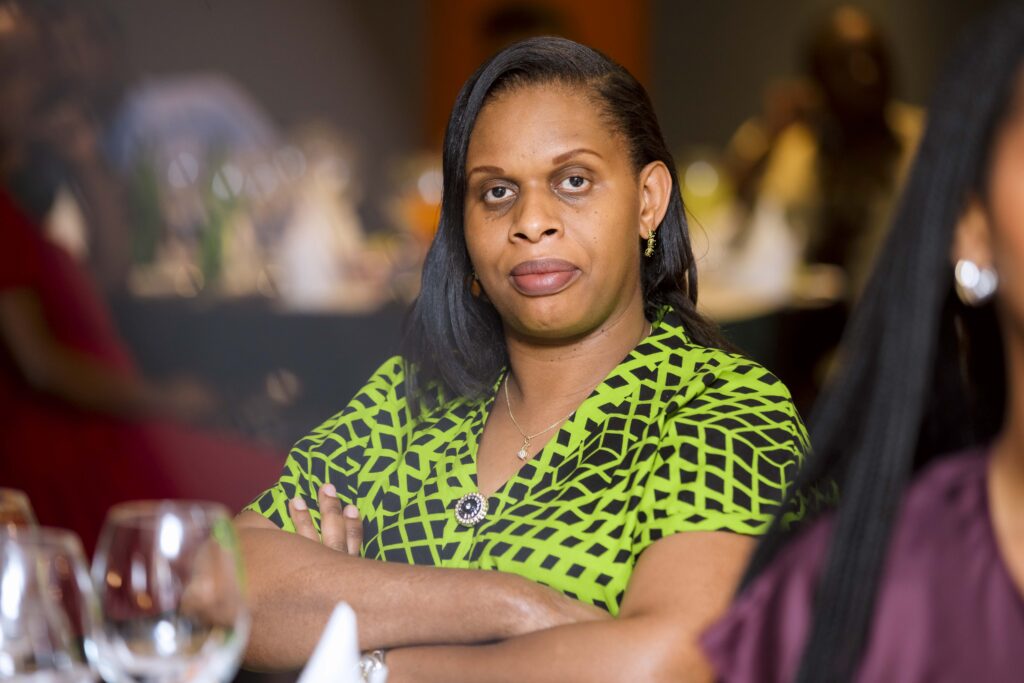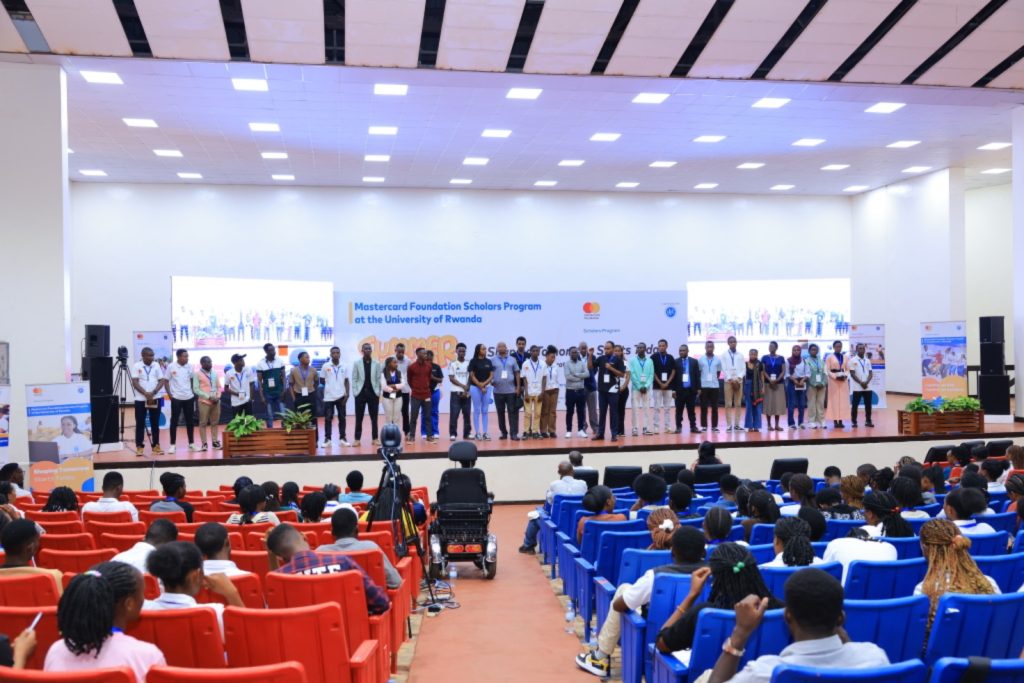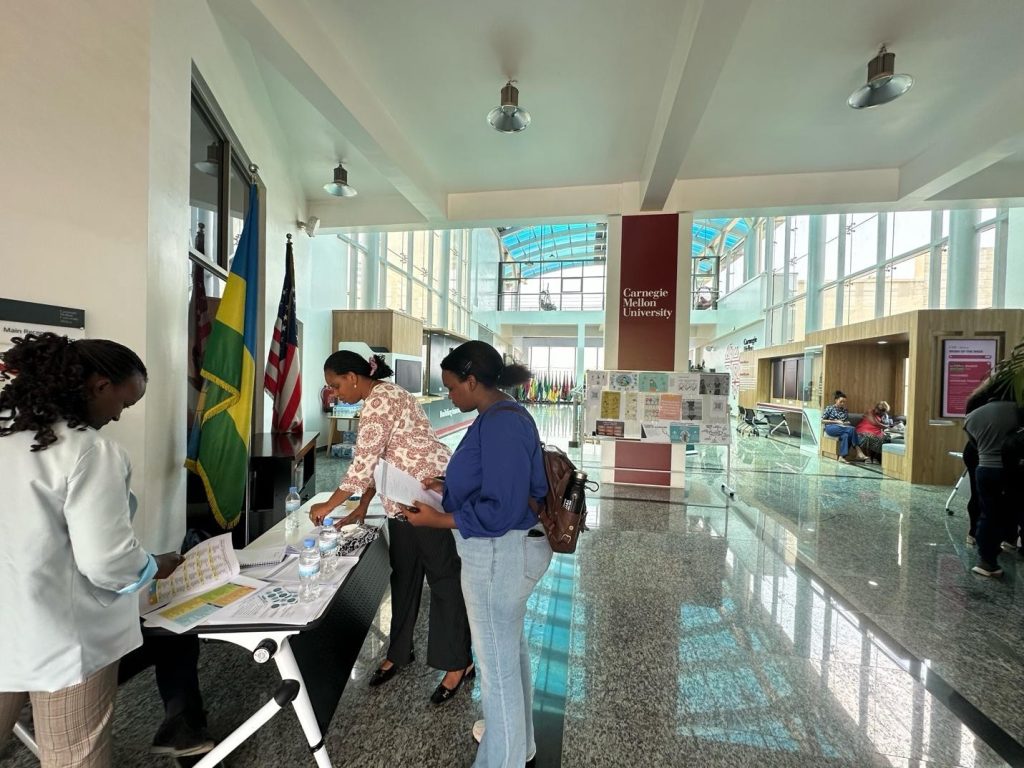Solid Minds at ALCHE’s First Wellness Week: A Transformative Journey in Holistic Student Wellness During the week of December 15–19, 2025, Solid Minds Counselling Clinic partnered with the African Leadership College of Higher Education (ALCHE) for the institution’s first-ever Wellness Week—an immersive initiative designed to promote mental health, wellbeing, and community connection among students. This collaboration was made possible through both institutions’ partnerships with the Mastercard Foundation, which advances holistic student support across the continent. The week brought together students, interns, staff, counselors, faculty, university leadership, and external partners in a co-created experience that recognized students not just as beneficiaries of wellness programming, but as active contributors, leaders, and partners in shaping a healthier campus culture. Mauritius: A Vibrant Context for Wellness Week ALCHE, with about 180 students currently enrolled across four undergraduate programs BSc. Entrepreneurial Leadership, BSc. International Business and Trade, BSc. Computer Science, and BSc. Software Engineering places strong emphasis on holistic development and leadership. The student community thrives in a multilingual and ethnically diverse environment, where local students Indo‑Mauritians, Creoles, Sino‑Mauritians, and Franco‑Mauritians interact with international students from various African countries, creating a rich and vibrant mix of cultures. Kicking Off Wellness Week The Wellness Week was officially opened by ALCHE Dean, Jeremy Ruiters, whose thought-provoking address set a powerful tone for the entire week. He reminded participants that “if you don’t make time for wellness, you will be forced to make time for your illness,” a message that resonated deeply with everyone present. Following the opening, a Fireside Chat and Multidisciplinary Panel Discussion on Youth Mental Health brought together experts from different fields to explore key issues affecting young people today, including social media use, stigma, and anxiety. The session featured: Jean Pierre Ndagijimana ( Dr. JPN), Senior Regional Manager of Strategy and Partnerships at Solid Minds Counselling Clinic Ms. Joann Davenia Permall, Lecturer at the Mauritius Institute of Education specializing in Pedagogy and Philosophy of Education. Nazeerah Golamnobee-Foondun, Pedopsychiatrist at the Ministry of Health and Wellness of Mauritius. The discussions were lively and interactive, with participants engaging deeply through thoughtful questions, highlighting that wellness is not only a personal responsibility but also a collective effort shaped by dialogue, understanding, and shared learning. Psychological First Aid: Equipping for Impact On December 16th, the Solid Minds Counselling Clinic team facilitated a Psychological First Aid (PFA) training. Normally conducted over three days, we condensed the essentials into a half-day session. Topics included mental health, stress, trauma, and the three core principles of PFA look, listen, and link.. To make the session engaging, icebreakers were included, bringing the training to life. This part of the program is always a hit, consistently engaging all attendees and fostering a positive, collaborative environment. The session was highly interactive, with participants engaging in group activities that simulated real-life scenarios. At the end, one participant shared: “…..so much I learned. It was beyond my expectations. I learned how to better support myself first as a PFA, and then others who need immediate support.” The energy and enthusiasm in the room were palpable, and it was rewarding to see participants leave with practical skills they could immediately apply. Fun and Mindfulness: Moving Beyond the Classroom Wednesday, December 17th, combined fun, movement, and mindfulness. The morning began with a Karate session, led by school counselor Gianeswaree Caully and a coach, both black belts. At first, the idea of Karate in a wellness program seemed surprising to me, but it quickly became clear how it connected to wellness. The session offered a full-body workout, laughter, and confidence-building, demonstrating that wellness encompasses both mental and physical health. By the end, participants felt empowered, exhilarated, and exhausted in the best possible way. The karate session was exciting! It taught me not only how to defend myself physically but also how to stay calm, focused, and resilient under pressure. As the karate session concluded,, Damien Niyonsaba, a psychiatrist nurse at Solid Minds shared, reflected, “I feel more confident handling challenges, both mentally and physically” Later, we experienced Mindfulness through Drama, led by Joan Davenia Permall, Lecturer at the Mauritius Institute of Education specializing in pedagogy and Philosophy of Education. This innovative technique combines mindfulness practices with theatrical exercises to help participants become more present, self-aware, and emotionally expressive. Activities ranged from playful movements and running to quiet reflection and sharing in a circle. Participants were encouraged to connect with their emotions freely, illustrating that safe spaces are best created through experience and interaction, not just theory. To help us better understand the exercises, the facilitator explained: “Drama is often mistaken for theatre, but it is much more than performance; it is a reflection of the human experience. Drama engages people with themselves on every level, offering an excellent way to understand holistic education. It exercises the mind, memory, and cognition, while also fostering emotional connection and self-awareness. Drama encourages participants to explore their feelings: what they feel, why they feel it, how they usually express it, and how they might choose to express it differently. It gives people the opportunity to shape and reshape their being through their emotions and experiences.” — Joan Davenia Permall What Joan enjoys most about drama is how it repositions the body, which is especially valuable since we spend so much time sitting in school chairs often to our detriment. Through mindfulness through drama, there are no chairs; participants can move freely, relax their bodies, and fully engage in the experience. This session reminded me that we often don’t take enough time to truly appreciate ourselves or connect with who we are. For me, this was a moment of connecting and reconnecting with myself. We began with a game celebrating our names. Usually, we say our names in a formal or casual way, but this exercise turned it into a celebration of who we are. Drama, for me, became a way of connecting my mind, my being, and my feelings. During the exercises, we imagined walking through elements of nature, and our bodies responded

